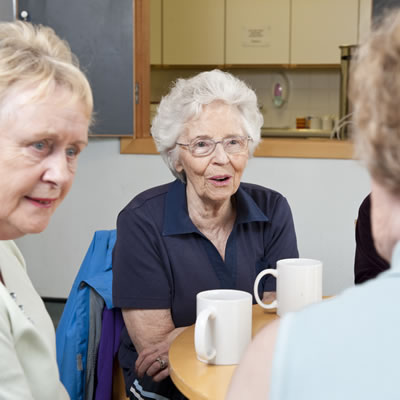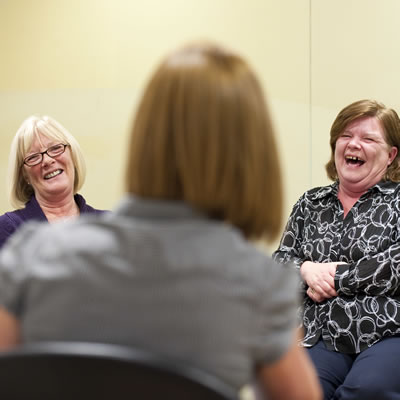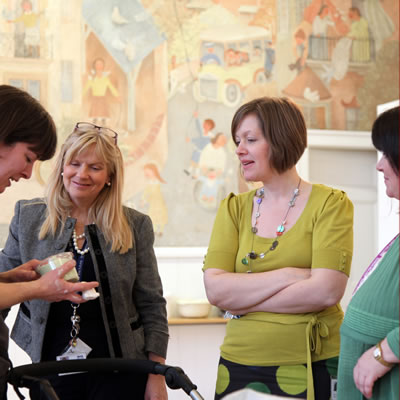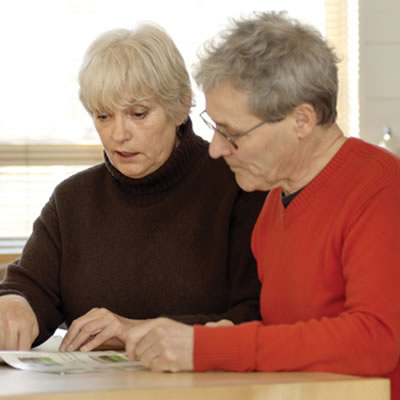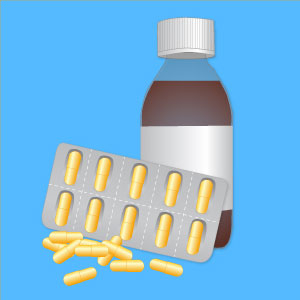
Carbocisteine capsules and liquid
There are oral capsules or liquid medicines that can sometimes be prescribed for people with COPD if thick, sticky mucus is a problem. They are used to break down mucus to try and make it easier to cough up. They are called mucolytics and may be tried for a month to see if there is any benefit. If there is no benefit they may be stopped.
Carbocisteine capsules or liquid (Mucodyne). They would not be used if you have a history of peptic ulcers, one of the rare side effects is gastro-intestinal bleeding (bleeding from the digestive tract).
Theophylline tablets or capsules are used to open the airways. Theophylline is used less often than inhalers. This is because there are many other medicines and substances (e.g. smoking and alcohol) and some other medical conditions which interact with it, affecting how theophylline works in your body.
Side effects from theophylline can occur quite quickly if the dose is not at the right level in your body, for example: nausea, sickness, diarrhoea, palpitations and headaches. Sometimes you will have blood tests to check the level of theophylline in your blood. This will make sure theophylline is at a safe level for your body.
If used as directed alongside inhaled bronchodilator and steroids, theophylline can provide relief for asthma which has not been well controlled using inhalers alone. The medicine is usually taken every 12 hours and it is important that the tablets are swallowed whole and not chewed. Theophylline is in a slow release form and chewing the tablets would prevent slow release. The capsules can be swallowed whole or the pellets which are inside the capsule can be emptied out and swallowed with soft food such as yoghurt.
The medicine will be prescribed by brand and you should stick with the same brand of theophylline each time, for example
- Nuelin SA tablets.
- Slo-phyllin capsules.
- Uniphyllin Continus tablets.
Your pharmacist will know this and ensure you get the same brand when dispensing your prescription.





